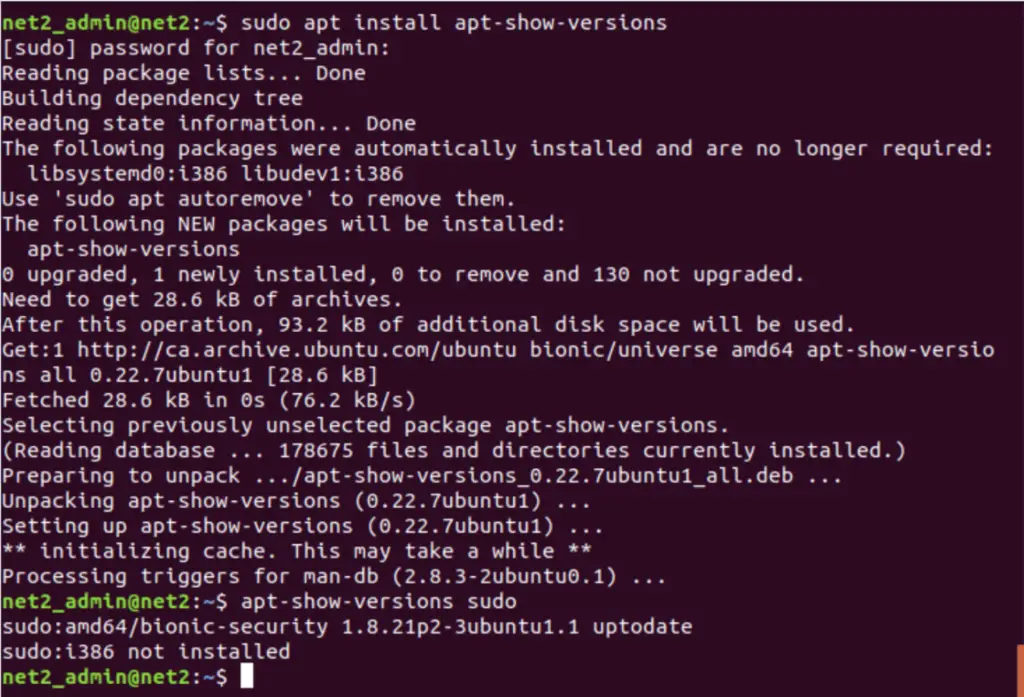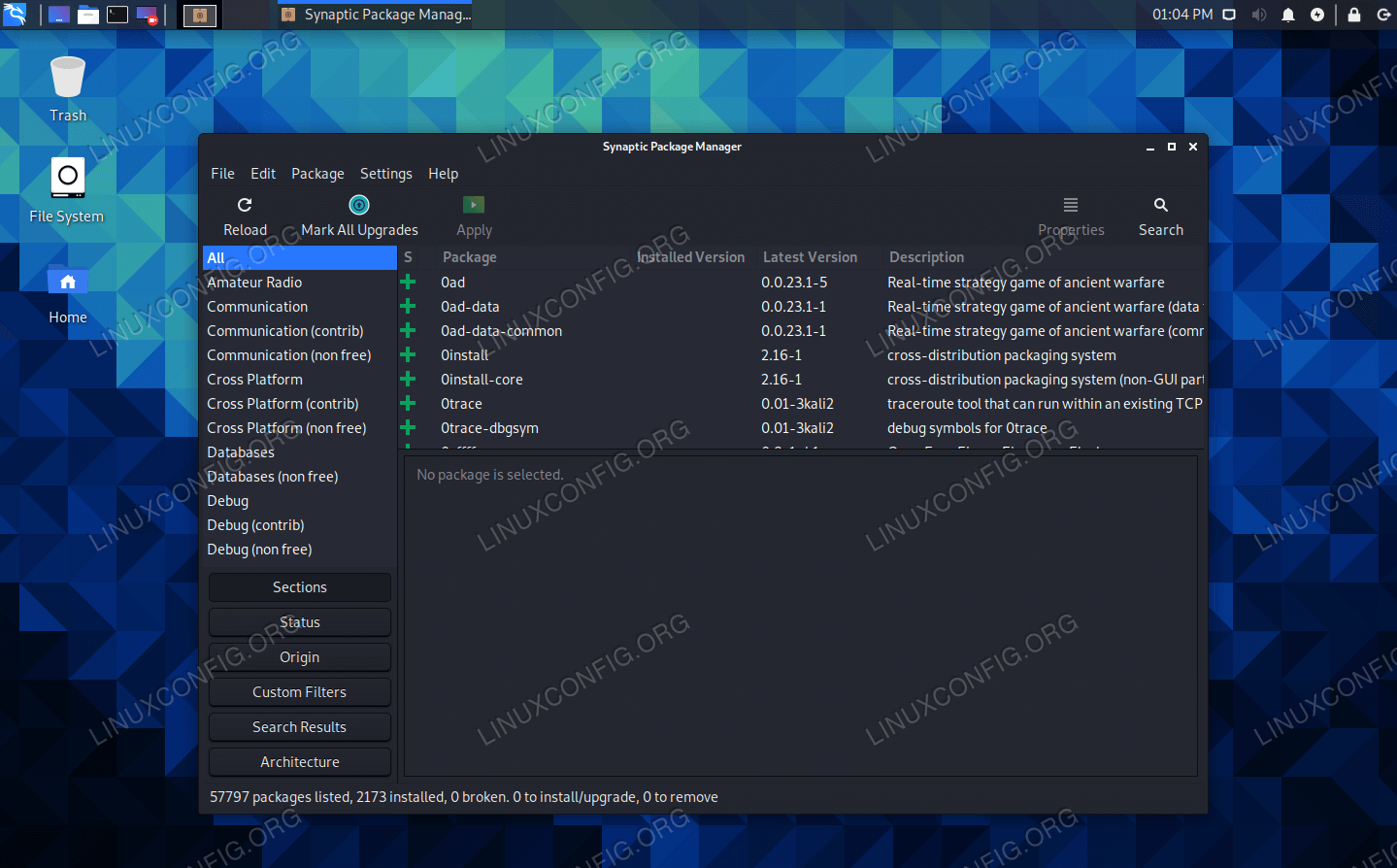

It is one of the most common package managers installed on modern distributions, with it pre-installed on Ubuntu, Debian, and most other Debian-based operating systems. APT can update your packages, install dependencies automatically, as well as download your packages from the internet automatically.

It too can install, remove, and build packages – however, its functionality goes much farther than that. APT, short for Advanced Package Tool, is much more advanced in functionality when compared to dpkg. This is where frontends such as apt and aptitude come into play. Linux Package Manager #2 – APT package manager It can also greatly streamline the software install process by being able to easily find and install the package with only one command. Being able to do this from the internet is very useful, since it allows users to add repositories for packages, which greatly increases the selection of software that can easily be installed on the system. What dpkg lacks is more advanced features – functionality such as downloading packages from the internet, or installing dependencies automatically are not possible through dpkg. It is a barebones package management software, with tools for installing, removing, and building packages. Their package managers are shared, with the lowest-level package management system being ‘dpkg’, short for “Debian Package”. Ubuntu and Debian are considered as one of the most widely used consumer Linux-based operating systems on the market today. We will cover Debian-Based Package Managers, RedHat Enterprise Linux (RHEL)-Based Package Managers, and other custom designed package managers.ĭebian-Based Package Managers Linux Package Manager #1 – dpkg package manager

In this article, we will discuss the different available package managers, what distributions they can be used on, and what makes each unique. Package managers are very good at streamlining installs, with common installation locations and configurations. Depending on the distribution, various package managers are available, allowing the user to install, manage, and remove packages easily and quickly. Between all Linux distributions, one of the things they share is the need to be able to install new software packages onto the system. We’ll compare different Linux Package Managers.


 0 kommentar(er)
0 kommentar(er)
